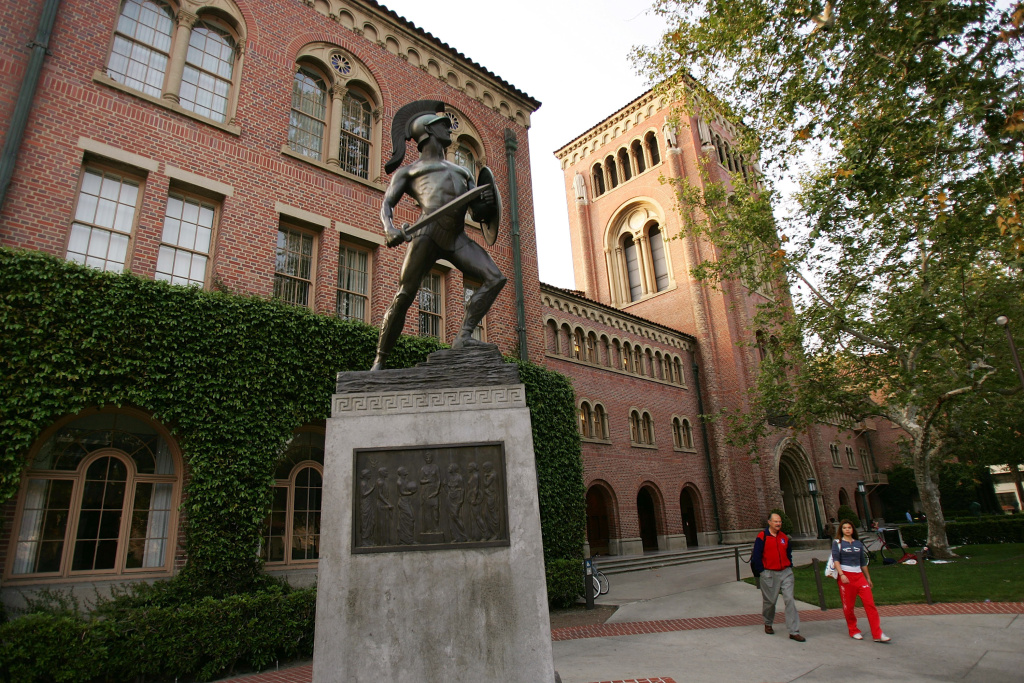Big news out of USC today, as over 500 non-tenure track faculty filed a petition for a union election with the National Labor Relations Board. Seeking to protect quality education through improved faculty working conditions, faculty have taken the first step towards forming a union on campus.
Despite non-tenure track faculty’s critical role in the University, many of our professors are having a hard time making ends meet. From KPCC:
“I love what do here, I love my job. I wouldn’t trade the work that I do for any other,” said Kate Levin, who has taught writing at USC since 2011. “But — I personally — I find it hard to afford my rent. I find it hard to afford day care for my kid, and sort of the basic necessities of life, on what we make here.”
Levin teaches two writing classes a semester — more than some part-time faculty. She said she also earns a bit more per class than others, $8,000 a class. But that amounts to about $32,000 a year. To supplement, she does freelance writing.
Levin said she has benefits, but some some part-time professors don’t, like Alexis Disselkoen, who has taught in the art department at USC for almost four years.
“I would like to see things like some more job security, and potentially being able to work toward getting health benefits – one, day, hopefully,” said Disselkoen.
Read the whole story here.








